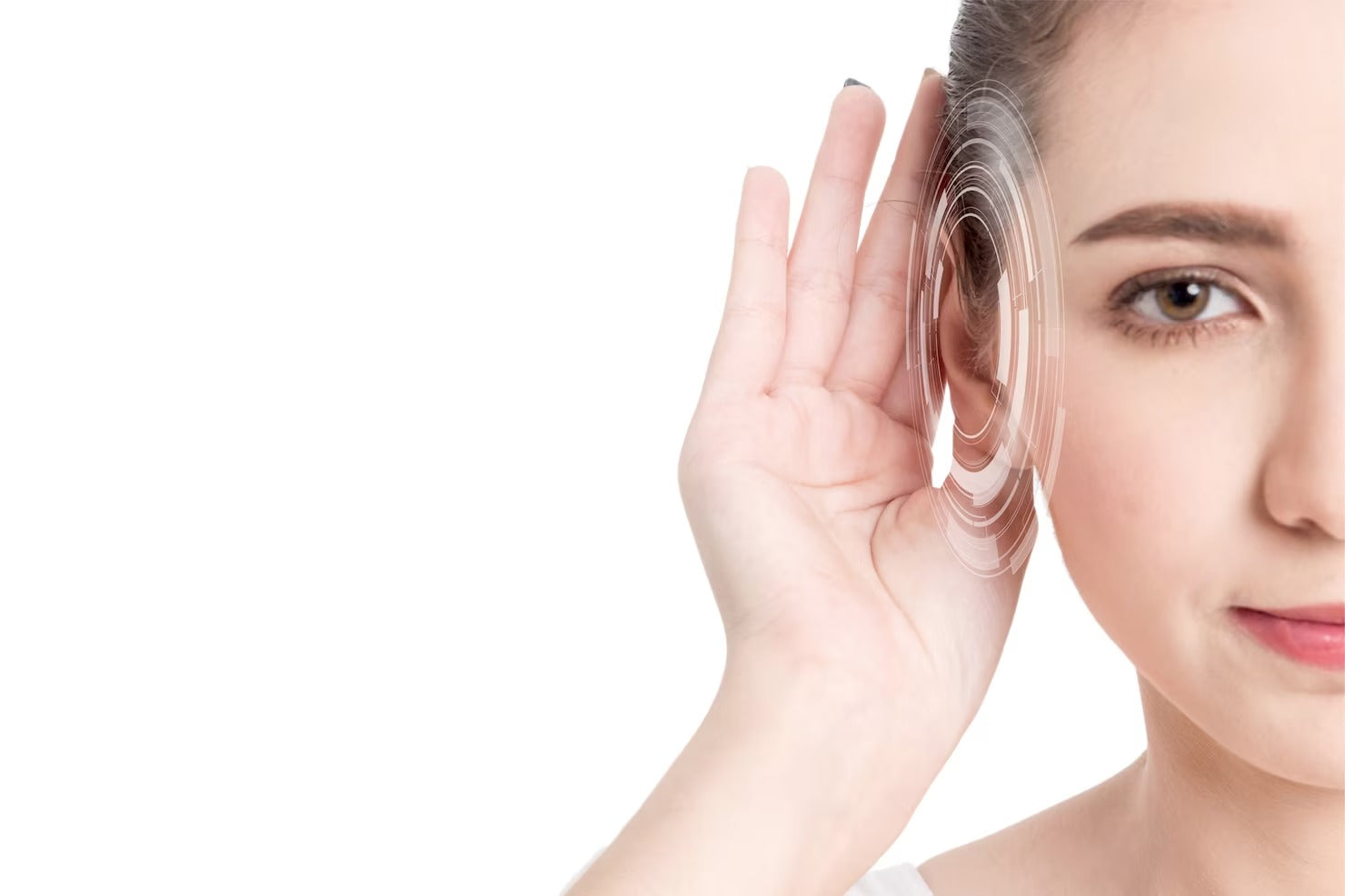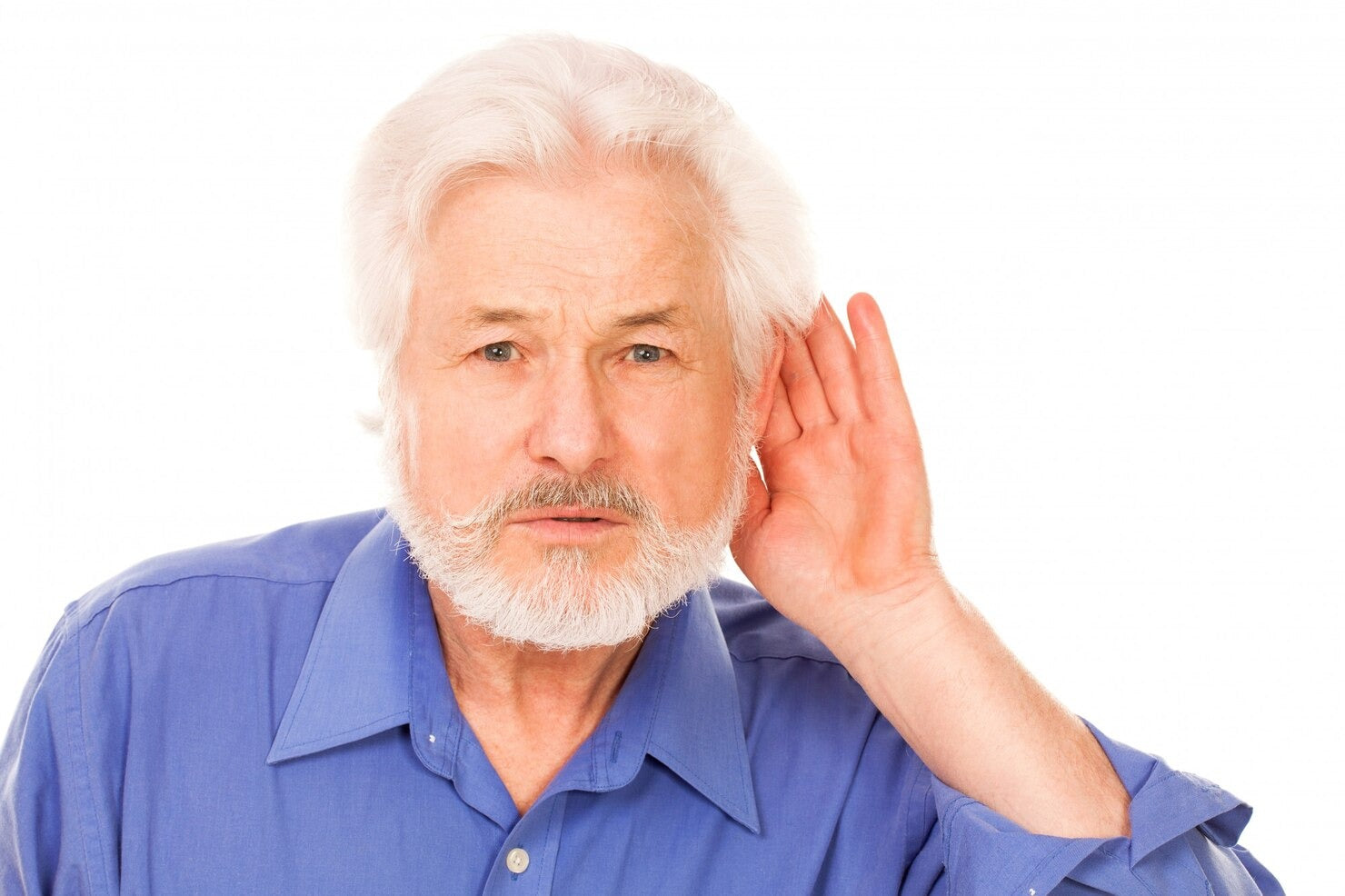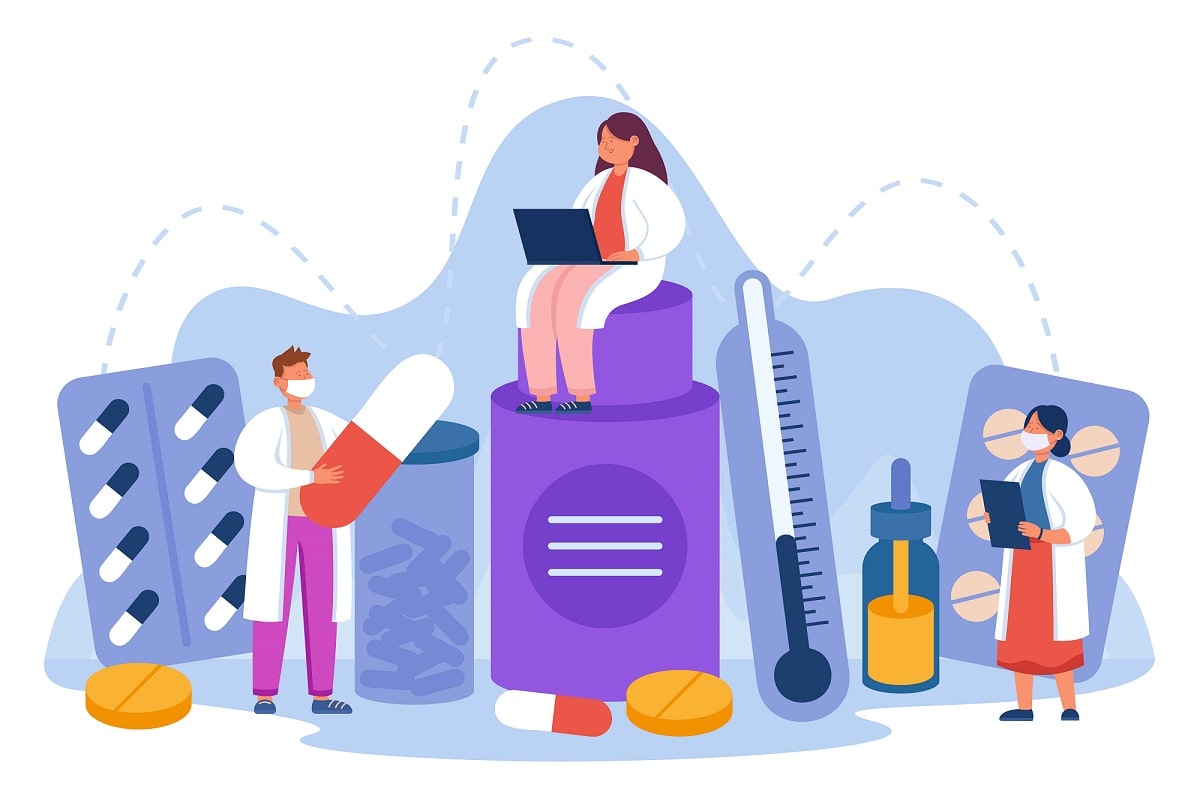Introduction
Hearing aids may be a game-changer for those who are battling with hearing loss, and getting them can be a significant step toward improving their overall quality of life. However, the high expenditure that is typically connected with these gadgets provides a formidable obstacle in many cases. This article will focus on investigating three important potential sources of assistance: financial aid in the form of grants or scholarships for the hearing-impaired, home healthcare services, and charity foundations or philanthropic organizations.
The Benefits That Come With Receiving Financial Aid
Because scholarships and grants are forms of financial assistance that do not have to be returned, they are one of the most popular and competitive types of help available. In the field of hearing impairment, there are a number of grants and scholarships available, some of which pay the cost of hearing aids, that are designated exclusively for those who suffer from hearing impairments.
For instance, the Travelers Protective Association (TPA) of America provides financial assistance through its Scholarship Trust for the Hearing Impaired to those who are in need of assistance acquiring mechanical equipment, receiving medical or specialized care, or obtaining specialized education due to their hearing impairment. In a similar vein, the "Adopt-An-Ear" initiative run by the Sertoma Foundation offers financial assistance for the purchase of hearing aids.
It is essential to keep in mind that these opportunities frequently have particular requirements that must be met in order to qualify, and the application process can be quite competitive. However, for individuals who are eligible, they may be a very helpful source of information.
Home healthcare services provide a helping hand in the comfort of one's own residence.
Individuals who require medical attention or assistance while remaining in the familiar surroundings of their own homes can take advantage of home healthcare services. One or more of these services may involve financial support with the purchase of hearing aids, as well as other hearing-related services such as fitting, adjusting, and maintenance of the devices once they are purchased.
Even though hearing aids are not typically covered by Medicare, there are some situations in which the program may make an exception and pay for services rendered by an audiologist or a rehabilitative professional. There is also the possibility that private home healthcare providers will offer comparable services. Having said that, it is very necessary to discuss and comprehend the hearing aids that are included in the package that you choose for your service provider.
The Practice of Philanthropy: Donating to Charitable Foundations
Many charitable foundations and philanthropic organizations give their support to projects that aim to improve the overall quality of life for individuals. A significant number of these organizations have a particular emphasis on addressing healthcare requirements, such as hearing loss.
Hearing aids are intended to be made available to people who are unable to pay for them via the efforts of organizations such as the Hear the World Foundation and the Starkey Hearing Foundation. They frequently operate on a worldwide scale, bringing attention to the fact that auditory health is important to everyone and that hearing aids play an essential part.
In addition, there are a large number of local charities and non-profit organizations that operate within their communities to give support of a similar nature. Although assistance is sometimes contingent on the availability of finances, these groups have the potential to make major contributions toward expanding access to hearing aids.
Conclusion
As we explore the many aspects of hearing aid coverage, it becomes clear that numerous sources of financial assistance are available. These can take the form of grants and scholarships, home healthcare services, charitable organizations, and more. Each of these avenues illuminates the possibility for hearing aids to be more easily accessible to more people.
The journey toward aural empowerment is a complex one, one that requires a variety of sorts of assistance coming from a wide range of fields. To ensuring that everyone has the chance to experience the world in all of its auditory richness is the purpose of this concerted endeavor, which continues to be crystal clear and is one that we all share. Those who are looking for the gift of sound will find that the trip still has a ways to go, but there are many different kinds of help available to make it more manageable.
Hearing aids may be a game-changer for those who are battling with hearing loss, and getting them can be a significant step toward improving their overall quality of life. However, the high expenditure that is typically connected with these gadgets provides a formidable obstacle in many cases. This article will focus on investigating three important potential sources of assistance: financial aid in the form of grants or scholarships for the hearing-impaired, home healthcare services, and charity foundations or philanthropic organizations.
The Benefits That Come With Receiving Financial Aid
Because scholarships and grants are forms of financial assistance that do not have to be returned, they are one of the most popular and competitive types of help available. In the field of hearing impairment, there are a number of grants and scholarships available, some of which pay the cost of hearing aids, that are designated exclusively for those who suffer from hearing impairments.
For instance, the Travelers Protective Association (TPA) of America provides financial assistance through its Scholarship Trust for the Hearing Impaired to those who are in need of assistance acquiring mechanical equipment, receiving medical or specialized care, or obtaining specialized education due to their hearing impairment. In a similar vein, the "Adopt-An-Ear" initiative run by the Sertoma Foundation offers financial assistance for the purchase of hearing aids.
It is essential to keep in mind that these opportunities frequently have particular requirements that must be met in order to qualify, and the application process can be quite competitive. However, for individuals who are eligible, they may be a very helpful source of information.
Home healthcare services provide a helping hand in the comfort of one's own residence.
Individuals who require medical attention or assistance while remaining in the familiar surroundings of their own homes can take advantage of home healthcare services. One or more of these services may involve financial support with the purchase of hearing aids, as well as other hearing-related services such as fitting, adjusting, and maintenance of the devices once they are purchased.
Even though hearing aids are not typically covered by Medicare, there are some situations in which the program may make an exception and pay for services rendered by an audiologist or a rehabilitative professional. There is also the possibility that private home healthcare providers will offer comparable services. Having said that, it is very necessary to discuss and comprehend the hearing aids that are included in the package that you choose for your service provider.
The Practice of Philanthropy: Donating to Charitable Foundations
Many charitable foundations and philanthropic organizations give their support to projects that aim to improve the overall quality of life for individuals. A significant number of these organizations have a particular emphasis on addressing healthcare requirements, such as hearing loss.
Hearing aids are intended to be made available to people who are unable to pay for them via the efforts of organizations such as the Hear the World Foundation and the Starkey Hearing Foundation. They frequently operate on a worldwide scale, bringing attention to the fact that auditory health is important to everyone and that hearing aids play an essential part.
In addition, there are a large number of local charities and non-profit organizations that operate within their communities to give support of a similar nature. Although assistance is sometimes contingent on the availability of finances, these groups have the potential to make major contributions toward expanding access to hearing aids.
Conclusion
As we explore the many aspects of hearing aid coverage, it becomes clear that numerous sources of financial assistance are available. These can take the form of grants and scholarships, home healthcare services, charitable organizations, and more. Each of these avenues illuminates the possibility for hearing aids to be more easily accessible to more people.
The journey toward aural empowerment is a complex one, one that requires a variety of sorts of assistance coming from a wide range of fields. To ensuring that everyone has the chance to experience the world in all of its auditory richness is the purpose of this concerted endeavor, which continues to be crystal clear and is one that we all share. Those who are looking for the gift of sound will find that the trip still has a ways to go, but there are many different kinds of help available to make it more manageable.


